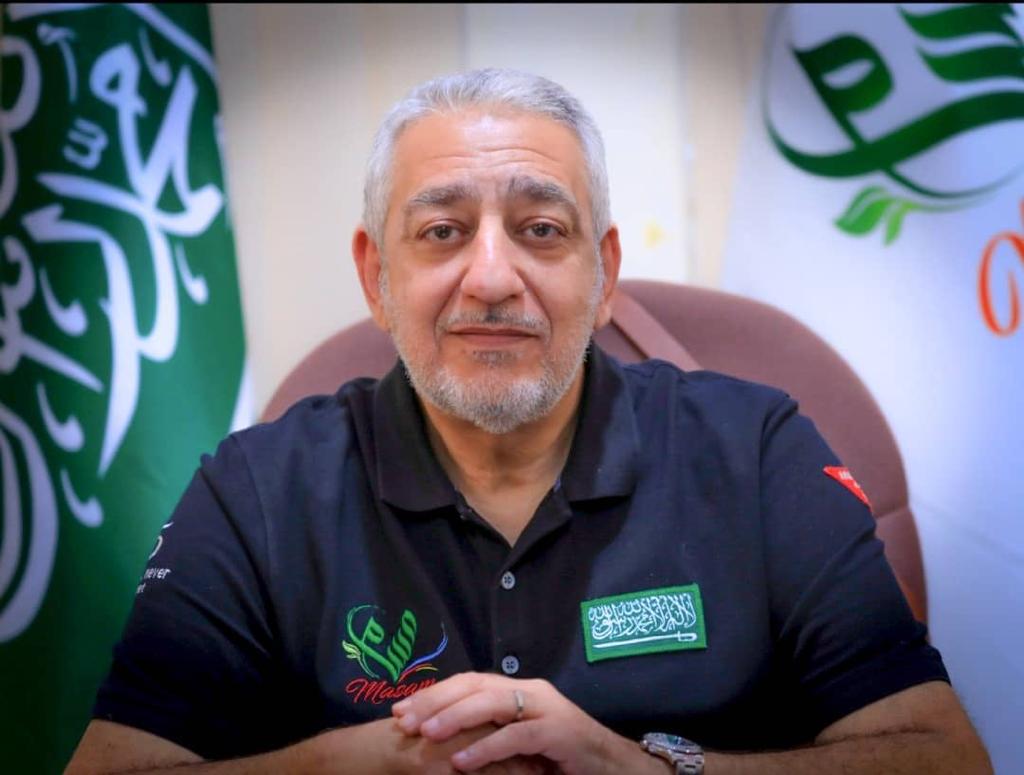RIYADH: No amount of denial by Yemen’s Houthi militia could hide the crimes they had committed against the Yemeni people through their continued mine-laying operations, the managing director of the Saudi-backed Project Masam demining initiative said on Wednesday.
Ousama Algosaibi noted that a total of 417,103 landmines, unexploded ordnance, and improvised explosive devices had been removed in Yemen since June 2018.
The explosives had been indiscriminately planted, posing dangers to civilians, he added.
In a series of tweets on X, Algosaibi said: “Bouncing and fragmentation mines in addition to camouflaged ones have been discovered. It’s hard to imagine someone booby-trapping bean cans to kill children, women, and the elderly in mosques, schools, farms, and areas surrounding water wells.”

Ousama Algosaibi, managing director of Project Masam. (Supplied)
He pointed out that all the remnants of war were detonated live for the world to witness, referring to the bulk demolition operations of Project Masam.
And he urged international and local organizations operating in Yemen to publish all their data and document their actions to ensure the world could understand the magnitude of the landmine crisis affecting Yemenis.
“50 million square meters of land have been completely cleared by the Project Masam teams. Every inch of it testifies to the Houthis’ crimes against Yemenis,” he added.
Algosaibi said the claims made by the Houthis that the Arab Coalition had scattered around 3 million cluster bombs in Yemen were “misleading” and far from the truth. He referred to international reports indicating that the number of cluster munitions found over the past five years did not exceed 5,000.
“Whoever spreads death will never succeed in playing the role of victim. Even if all international theaters are opened to them,” he added.































